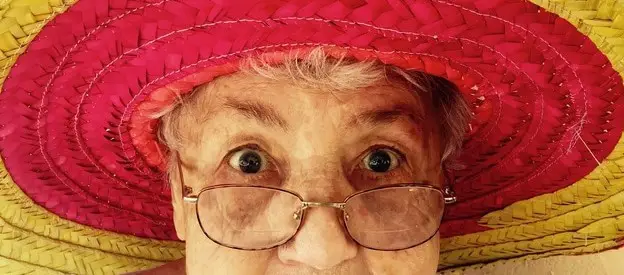In our line of work – probate genealogy or heir hunting as it’s commonly known – we often need to have uncomfortable conversations.
We search for the missing heirs to an estate, and that can mean telling people that a relative has died. It might be the case that they didn’t know that relative. We look for the rightful heirs when a person dies intestate and does not appear to have any immediate, living relatives. It is not a comfortable conversation, but it’s perhaps something that is easier because the relative was not well known.
What about conversations with the bereaved in general? Meeting a friend after they have suffered a bereavement is a tricky situation. Handled well, and you have the ability to comfort, cheer and provide succour. Handled badly, and you will do the opposite.
Obviously there are no precise rights and wrongs to handling conversations with bereaved people. Often it will depend on your knowledge of the person and how you think they will react. Here’s our guide to helpful ways to talk about death with someone who has recently lost a loved one:
Simple words. “I’m sorry for your loss”, is a very straightforward thing to say, but that doesn’t lessen its impact. Said with sincerity and meaning, it conveys sympathy and care. “I was so sorry to hear about XX” is the same.
Don’t be afraid to talk. Some people will avoid someone who has been recently bereaved because they do not feel they can talk about the subject, and so avoid it altogether. This can be very hurtful indeed. It helps if you can imagine yourself as the bereaved person – would you rather someone was embarrassed and a little awkward around you, or they crossed the road to avoid talking to you?
Express interest. In our experience asking questions such as how did the person die (if you don’t know already), when did they die and what happened aren’t treated by the bereaved person as nosiness. Most people do want to talk about what happened. If you aren’t sure, just ask a general, simple question: “Do you want to talk about it?”
Don’t compare experiences. It can be tempting to relate your own experiences of bereavement, but that can seem extraordinarily self-obsessed to the person who has just lost their relative. Another big no-no is saying something that demonstrates you thought your experience was much worse – “Oh well, at least your mother died in her own home”.
Be sensitive to the person’s spiritual views. It can seem kind to say something along the lines of “Ah well, he/she’s in a better place now”, but it might be that the deceased and/or their relatives do not believe in the afterlife. If you are not sure of someone’s views, don’t express such opinions.
Use your experiences. If you’ve suffered the loss of someone very close, chances are you will remember the people who talked to you, what they said and what was comforting. You’ll be aware that a bereaved person probably wants to talk. Help make that possible for them.


